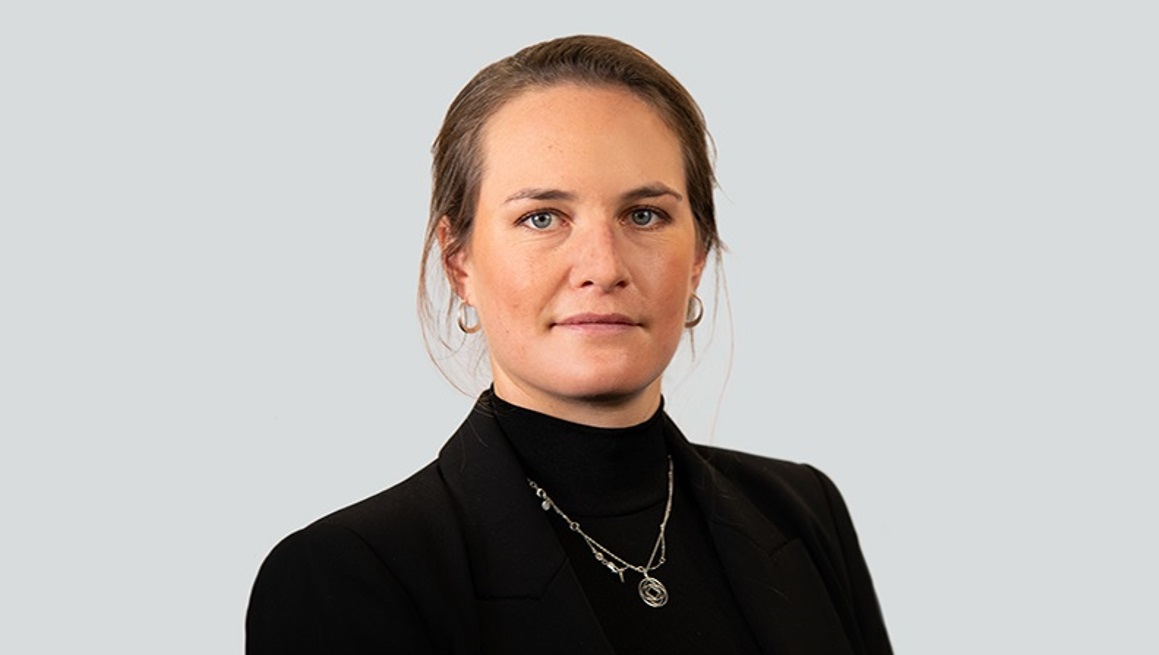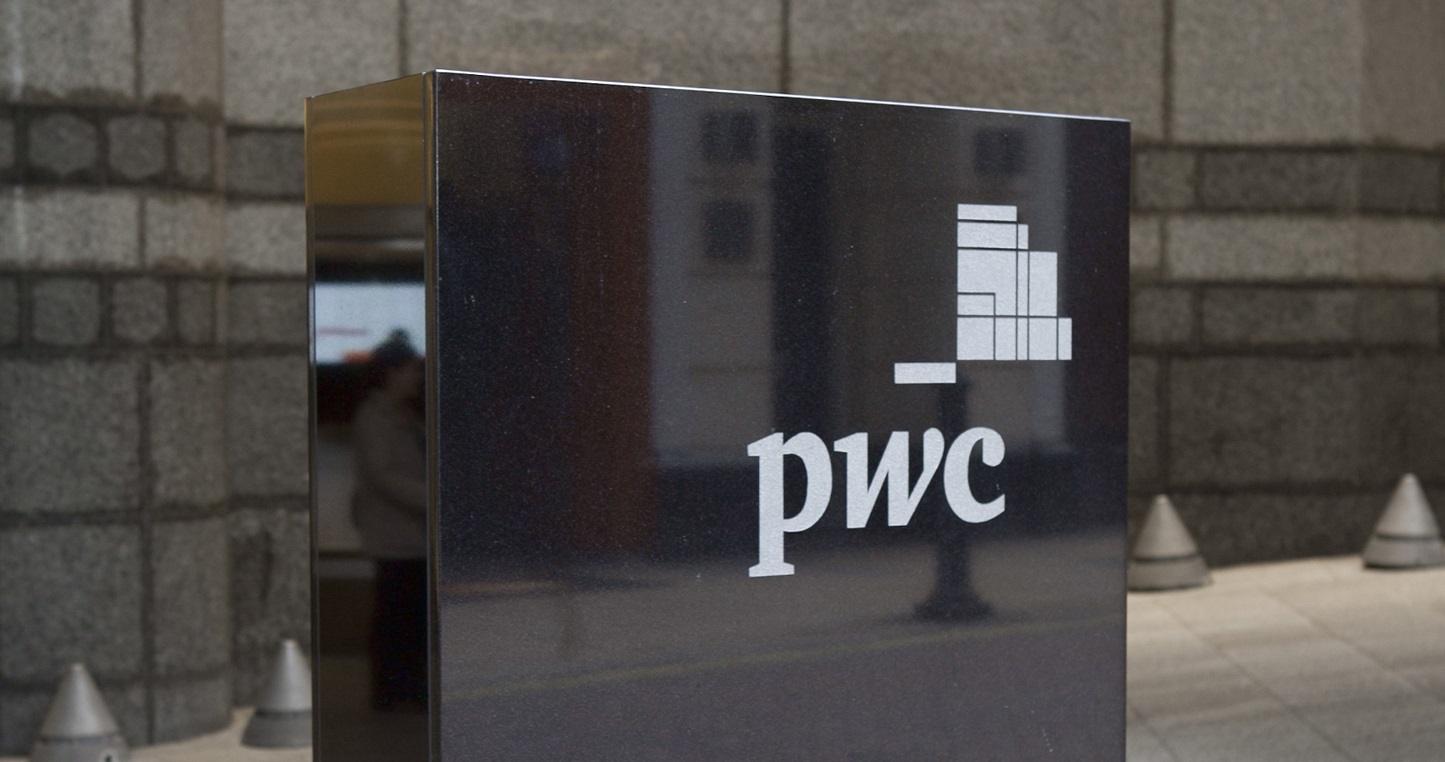Only 20% of “Sustainable” Investment Funds Meet Proposed Anti-Greenwashing Criteria: Study
The large majority of sustainability-labelled investment funds classified as Article 8 (funds that “promote environmental or social characteristics or a combination of those characteristics,”) under the EU’s Sustainable Finance Disclosure Regulation (SFDR) would meet the criteria of new proposed fund labelling rules aimed at reducing greenwashing risk, according to a new report released today by sustainability technology platform Clarity AI.
The report also found that barely any funds labelled as ‘sustainable’ would meet the proposed fund naming rules across the EU, UK and U.S.
The study, in which Clarity AI examined data from over 18,000 funds across Europe, follows the launch of a consultation by the European Securities and Markets Authority (ESMA) in November 2022 for proposed rules on the use of ESG or sustainability-related terms in the names of investment funds.
Proposals included in the consultation primarily focus on the minimum proportion of investments required to support an ESG-related fund name. Specific proposals include an 80% threshold for the use of ESG-related words, an additional 50% threshold for the use of “sustainable” or any sustainability-related term, as well as rules for funds using exclusion criteria and for specific types of funds such as impact funds.
Other regulators have also recently announced similar proposals aimed at addressing greenwashing risk in fund names, including the UK’s FCA and the US’ SEC.
More than a quarter of Article 8 funds contain ESG or Sustainable terms in their names. The new study found that very few of these would meet the criteria proposed under these new systems. In its examination of Article 8 funds, for example, Clarity AI found that only 20% of those with the term “sustainable” (or similar) plan to meet ESMA’s 50% investment threshold, and a further 20% plan to make less than 10% sustainable investment.
The report found similar results when examining funds’ compliance with the proposals across the EU, UK and U.S., with only 15% of funds with “sustainability” in their names meeting the criteria of at least one of the proposed regulations, while funds with ESG-related terms fared somewhat better at 59%
Moreover, substantially fewer of these funds would be able to meet the labelling requirements of more than one of the proposed regulations. Of the “Sustainability-“ labelled funds that met the requirements of at least one proposal, only 15% complied with two of the regulations, and only 4% met all three.
“In other words,” the report said, “over 95% of funds would require renaming or restructuring to sell across all three markets.”
Patricia Pina, Head of Product Research and Innovation at Clarity AI said that the report highlights how the varying interpretations by different regulators would require “renaming or restructuring in order to be sold across all three markets,” indicating added cost of compliance, and highlighting “how different actors – in this case regulators – are interpreting the meaning of core concepts like ESG and sustainability.”
Pina added:
“Although each jurisdiction might have contextual differences worth taking into account, capital markets are global markets and we need stronger regulatory alignment across borders. Understanding and characterizing ESG and sustainability differently will only contribute to increasing the existing confusion in the market and potentially result in ‘greenwashing,’ which is exactly what these regulations aim to fight.”





